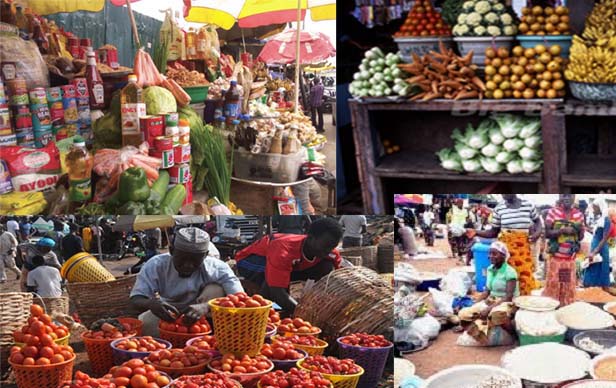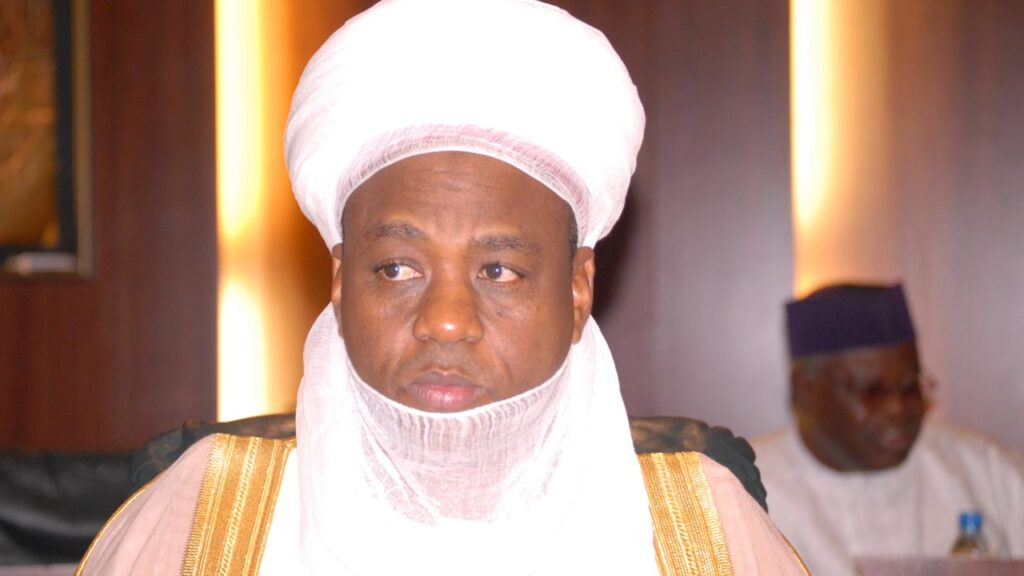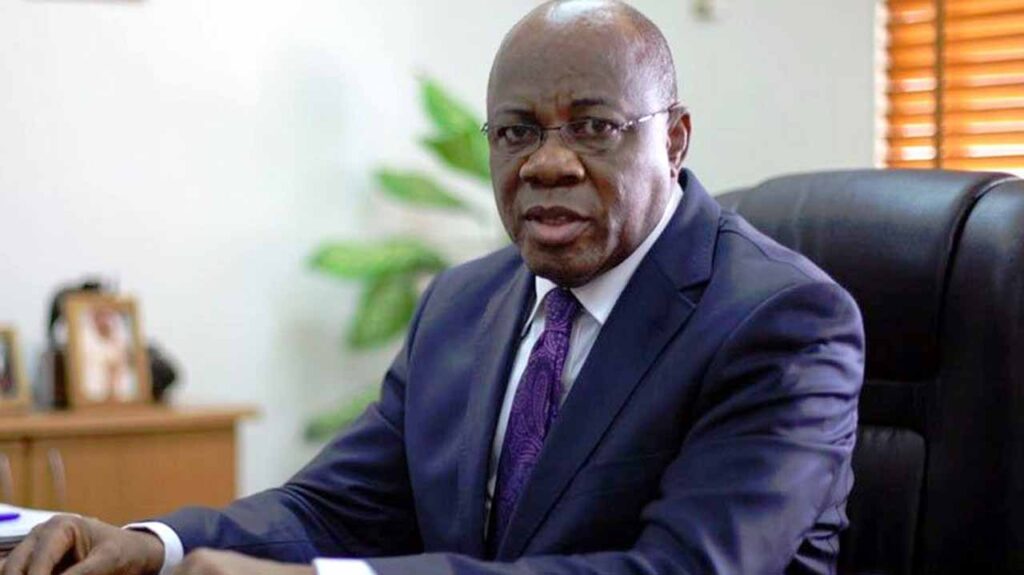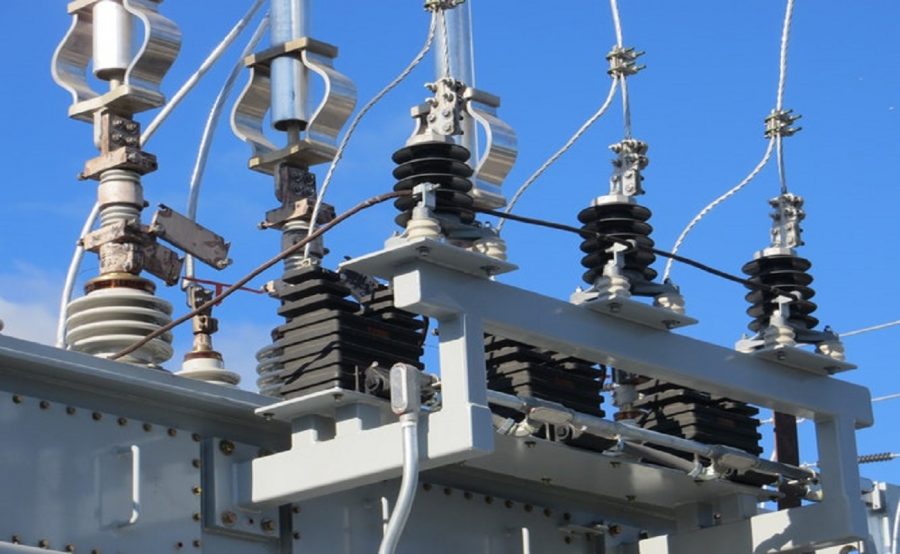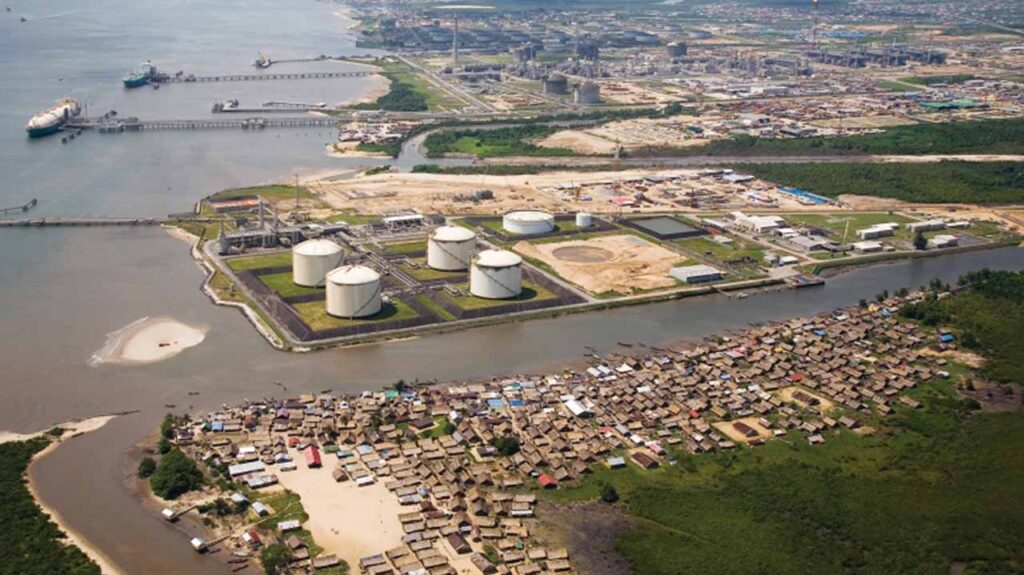
• Say it’s a recipe for hoarding
• Task FCCPC to curb consumer exploitation
• Canvass targeted subsidies to ease current hardship
Although, the rising prices of food items have driven Nigeria’s inflation to 31.70 per cent in February 2024, experts have warned against the creation of a price control board being canvassed by hapless Nigerians, saying toeing that part would worsen the situation.
The Consumer Price Index (CPI) report for February 2024 released by the National Bureau of Statistics (NBS), yesterday, indicated an increase of 1.80 per cent compared to the January 2024 figure of 29.90 per cent.
The NBS in the report said the rise in inflation was driven mainly by food prices. It said the food inflation rate in February 2024 was 37.92 per cent on a year-on-year basis, 13.57 per cent points higher compared to the rate recorded in February 2023 (24.35 per cent).
The NBS said the rise in food inflation on a year-on-year basis was caused by increases in prices of bread and cereals, potatoes, yam and other tubers, fish, oil and fat, meat, fruit, coffee, tea and cocoa.
The report said the average annual rate of food inflation for the 12 months ending February 2024 over the previous 12-month average was 30.07 per cent, which was a 7.95 per cent points increase from the average annual rate of change recorded in February 2023 (22.12 per cent).
On a month-on-month basis, the headline inflation rate in February 2024 was 3.12 per cent, which was 0.48 per cent higher than the rate recorded in January 2024 (2.64 per cent). This means that in February 2024, the rate of increase in the average price level is more than the rate of increase in the average price level in January 2024.
On a year-on-year basis, the headline inflation rate was 9.79 per cent points higher compared to the rate recorded in February 2023, which was 21.91 percent.
A resident of Abeokuta, Ogun State, Abdulmumin Barde, who was worried over the high cost of food items before the commencement of this year’s Ramadan, had urged the state government to intervene to force down prices.
Another resident, Mr. Wasiu Agbabiaka, had stated that there was an urgent need for the Federal Government to urgently establish a price control board to check the prices of goods and services in the country.
The Chief Imam of Alhaji Isa Elelu Central Mosque, Ilorin, Kwara State, Abubakar Kamal, also urged the government to adopt price control mechanisms to arrest the situation.
He said no amount of palliatives would ease the expected tension, “unless the government wakes up to its duties and effects forceful compliance with price control mechanisms.”
Price control agencies are government entities or regulatory bodies responsible for monitoring and regulating the prices of goods and services to prevent excessive price increase and inflation, and ensure consumer protection. These agencies play a crucial role in stabilising prices, promoting fair competition and safeguarding consumers from price gouging and unfair practices.
In the 70s during the Olusegun Obasanjo military junta, Nigeria faced similar economic crises that prompted the government to introduce price control as a measure to stabilise the economy and protect consumers from escalating prices.

However, a social analyst, Jide Ojo, said it is difficult for a government that does not produce goods to fix prices, especially in a free market economy that Nigeria runs.
He also opposed the establishment of a price control agency, saying: “I am not sure we need such an agency at this point. I say that because previous attempts at establishing price control proved unsuccessful.”
Ojo believes competition would eventually force down prices.
He added: “What the government needs to do at this point is to improve the supply chain by creating a conducive environment for farmers and manufacturers to thrive. Once the supply is there, prices will find their equilibrium eventually.”
Director, Obsidian Archenar, Kelvin Emmanuel stressed that the establishment of a price control agency means that the government would be creating a ceiling that will naturally create a black market for goods across Nigeria, saying that would drive the formal system underground.
His words: “The market is controlled by demand and supply and the best way to manage inflation is to either reduce money supply or increase production output. A price control system and a free-market economy are like oil and water. They never mix. The laws of demand and supply never work with a ceiling on pricing with the government either forcing players to go underground or providing a subsidy to ensure consumers can pay at an artificial price that is created by the government.”
He held that forcing prices on producers and retailers would drive businesses away from the formal economy, adding that production output would drop, which would lead to hyperinflation.
“Nigeria introduced price control for specific items like the presidential fertilizer initiative that placed a ceiling on Nitrogen, Phosphorous and Potassium (NPK) prices and spent hundreds of billions of naira for an artificial subsidy without the previously used electronic wallet system to checkmate racketeering and fraud on the model for distribution of inputs,” Emmanuel added.
He noted that food and energy costs are the major drivers of Nigerian inflation, saying curtailing inflation without due attention to the twin issues would be a futile attempt.
According to him, the government needs to urgently provide a framework for mechanising agriculture to reduce the shocks of inflation that accrue from a high volatility index in the foreign exchange market.
“It is not enough to open the borders, place a temporary freeze on duties for selected items. The government through the monetary authority – the Central Bank of Nigeria (CBN) needs to keep tightening, especially with open money market operations to suck cash from the money supply as well as increase output for food; ensure Nigerians are not exposed to imported petrol and diesel as a tool for managing independent power cost and transportation,” he explained.
Retired banker, Ande Mohammed, said while price controls are not a common feature of free market economies, governments may still have consumer protection measures in place to address issues such as price gouging, unfair competition or deceptive pricing practices.
His words: “Regulatory bodies or consumer protection agencies may oversee such matters without necessarily implementing broad price controls. Ensuring fair competition and preventing anti-competitive behaviour are priorities in free market economies. Regulatory agencies, such as competition authorities, may focus on promoting market competition, preventing monopolistic practices and safeguarding consumer interests without directly controlling prices.
“Even in a free market economy, transparency and information sharing regarding prices can benefit consumers and businesses. Price monitoring, data collection, and market research conducted by government agencies or industry associations can help provide valuable insights into market trends and pricing practices. In a free market economy, the role of a price control agency may be more focused on specific consumer protection measures, competition policy or information sharing rather than extensive price regulation. The emphasis is on allowing market forces to determine prices while addressing issues related to fair competition, consumer rights and information transparency.”
In his perspective, an investment banker, Tolulope Alayande, said: “In a free market system, prices are primarily determined by supply and demand forces, with businesses and consumers interacting based on market dynamics and competitive factors. The government’s role in such an economy is usually limited to creating a conducive regulatory environment, protecting consumer rights, and promoting fair competition, rather than imposing specific price controls.”
He added that while the government may have regulations or laws in place to prevent price gouging, unfair pricing practices, or anti-competitive behaviour, direct price setting by the government is not a common practice in a free market economy. Instead, market forces play a key role in determining prices, with businesses responding to consumer demand and competition in the marketplace.
“It is important to note that in certain exceptional circumstances, such as during emergencies or national crises, the government may temporarily intervene to regulate prices on essential goods or services to prevent exploitation and ensure affordability for consumers. However, such interventions are usually temporary measures and may not align with the principles of a free market economy in the long term. In a free market economy like Nigeria, the government’s ability to force prices on producers or retailers is limited, and market forces are expected to play a significant role in price determination. The focus is on fostering a competitive and transparent market environment where prices are set based on supply and demand interactions, rather than through direct government intervention,” he explained.
The experts maintained that in addressing the economic crises, policymakers may consider alternative measures such as targeted subsidies, income support programmes, market-based reforms and structural adjustments to address underlying economic challenges, saying these measures could be more effective in addressing the root causes of price volatility and promoting sustainable economic growth.
They added that while price controls may offer temporary relief to consumers, sustainable economic stabilisation requires comprehensive policy interventions that address structural issues, promote market efficiency and support long-term growth.
They noted that to stabilise prices when inflation is high and the currency is devalued, policymakers can implement a combination of monetary, fiscal and structural measures.
They believe that raising interest rates by the CBN can help reduce consumer spending and borrowing, which can help slow down inflation.
Alayande added: “The Central Bank can communicate its commitment to price stability and anchor inflation expectations. This can help prevent second-round effects of inflation and contribute to maintaining price stability. The government can pursue fiscal discipline by controlling spending, reducing budget deficits and improving revenue collection. This can help reduce inflationary pressures and restore confidence in the economy. Targeted subsidies for essential goods and services can help protect vulnerable populations from high prices while minimising inflationary impacts.
These subsidies should be well-targeted to avoid distortions and fiscal burdens. Addressing supply-side constraints, enhancing productivity and improving infrastructure can help boost the production and supply of goods. This can alleviate shortages, reduce price pressures, and support economic growth. Creating a competitive market environment through deregulation and anti-monopoly measures can help prevent price gouging and foster efficiency in markets. Competition can lead to lower prices and better-quality products for consumers. In extreme situations, temporary price controls can be considered for essential goods and services to protect consumers from excessive price hikes. However, price controls should be implemented selectively, transparently and accompanied by monitoring and enforcement mechanisms.
Transparent communication about policy measures, economic conditions and the government’s commitment to price stability can help manage expectations and build confidence in the economy. Educating consumers about inflation, price movements, and their rights can empower them to make informed decisions and mitigate the impact of high prices. The government needs to adopt a comprehensive and coordinated approach that combines monetary, fiscal and structural policies to effectively stabilise prices, control inflation and address currency devaluation. Policymakers should also carefully assess the potential trade-offs and unintended consequences of policy measures to ensure a balanced and sustainable economic recovery.”
On his part, the National Coordinator, Human Rights Writers Association of Nigeria (HURIWA), Emmanuel Onwubiko, observed that establishing a price control agency is a duplication of the duties of the Federal Competition and Consumer Protection Commission (FCCPC).
He said: “The FCCPC has been very active since it was changed from the name of Consumer Protection Agency. The immediate past Executive Secretary of that body, Tunde Irukera, introduced a lot of innovative ideas towards carrying out the mandates of safeguarding the interest of consumers. This government should direct the federal competition agency to ensure that prices of essential items do not arbitrarily continue to be unstable in the Nigerian market.”
Onwubiko stressed that there was no need to establish a separate entity for price control outside of the FCCPC, adding “I think the Federal Government should direct that agency to take up the urgent task of preventing the exploitative practices of entrepreneurs, which undermine price stability. The Minister of Commerce Trade and Investment should also provide closer supervision of the body in the 36 states. Also, the states can on their own set up their statewide competition and consumer rights protection agencies to work in cooperation with the FCCPC to safeguard the commercial interests of consumers.”
Onwubiko urged the government to enforce laws that protect consumer rights.
He added the government should also improve the environment to allow for local production of goods, saying: “If manufacturers attempt to exploit consumers, then the government needs to intervene constructively. To stabilise prices when inflation is high and the national currency is devalued, the government must stabilise the value of the national legal tender. Government must also implement policies to bring down the rates of inflation.”

